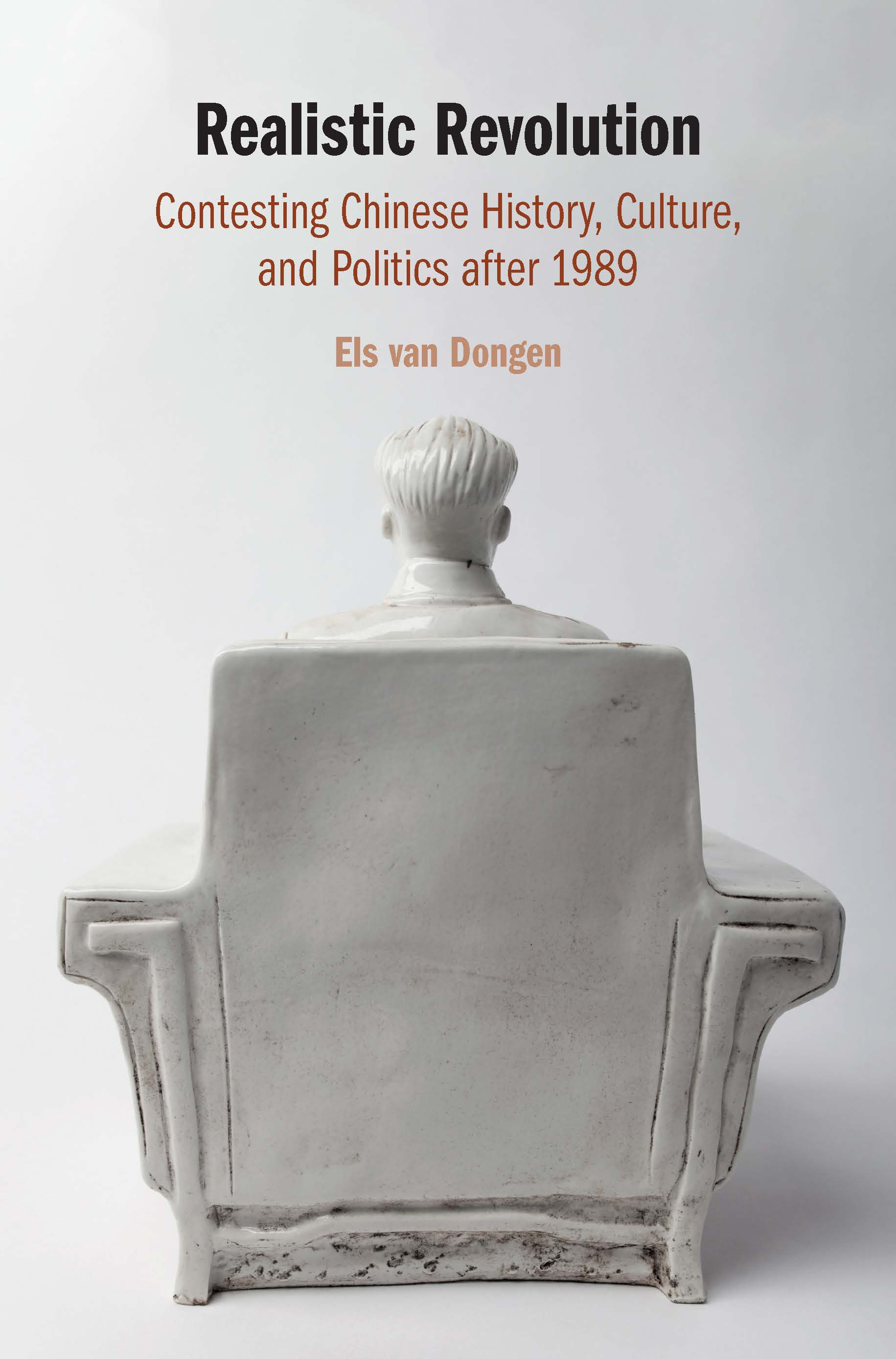Realistic Revolution Contesting Chinese History, Culture, and Politics after 1989
Between 1989 and 1993, with the end of the Cold War, Tiananmen, and Deng Xiaoping's renewed reform, Chinese intellectuals said goodbye to radicalism. In newly-founded journals, interacting with those who had left mainland China around 1949 to revive Chinese culture from the margins, they now challenged the underlying creed of Chinese socialism and the May Fourth Movement that there was 'no making without breaking'. Realistic Revolution covers the major debates of this period on radicalism in history, culture, and politics from a transnational perspective, tracing intellectual exchanges as China repositioned itself in Asia and the world. In this realistic revolution, Chinese intellectuals paradoxically espoused conservatism in the service of future modernization. They also upheld rationalism and gradualism after Maoist utopia but concurrently rewrote history to re-establish morality. Finally, their self-identification as scholars was a response to rapid social change that nevertheless left their concern with China's fate unaltered.

Publisher
Cambridge University Press
ISBN
9781108421300
Published
2019
Specialisation
Humanities
Theme
National politics
History
Region
China